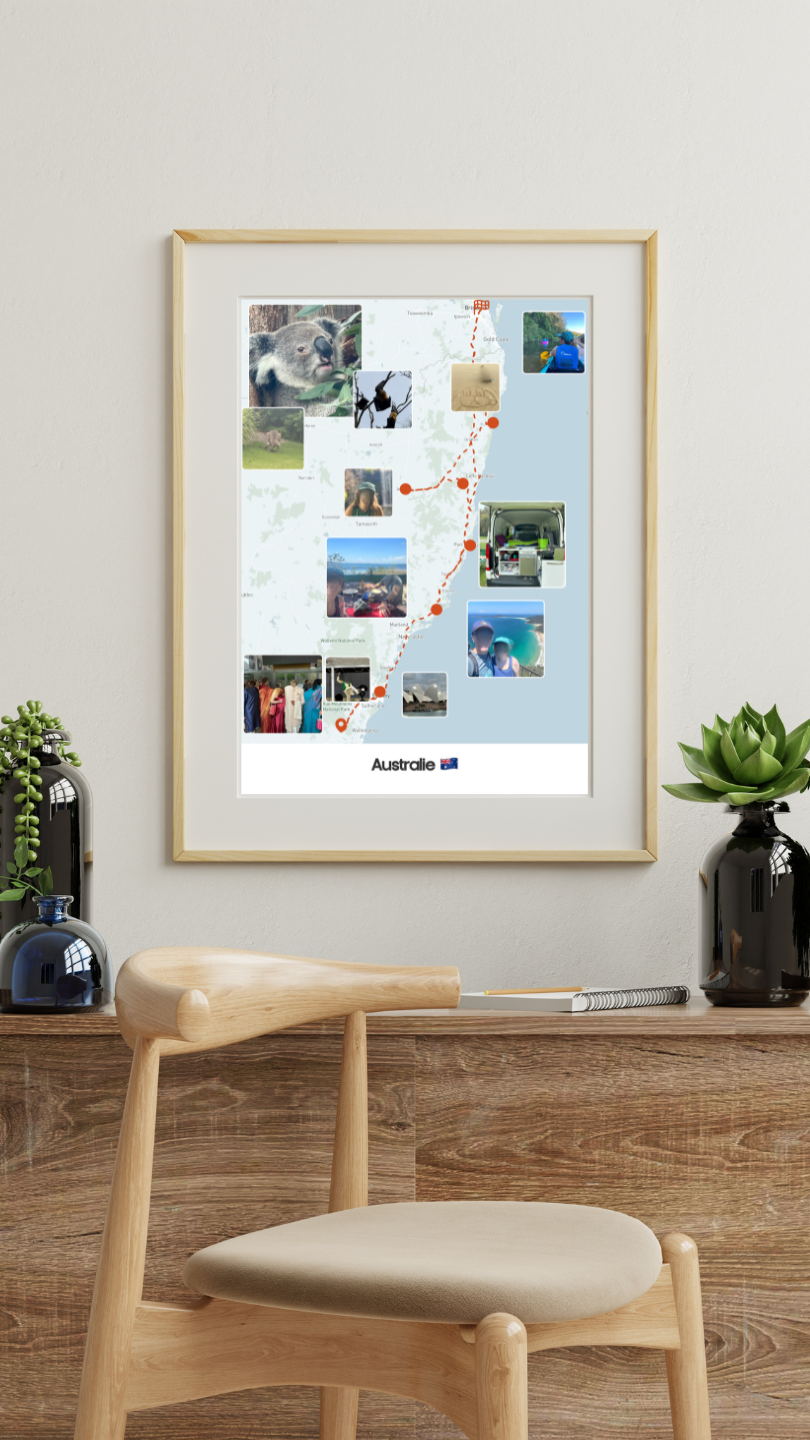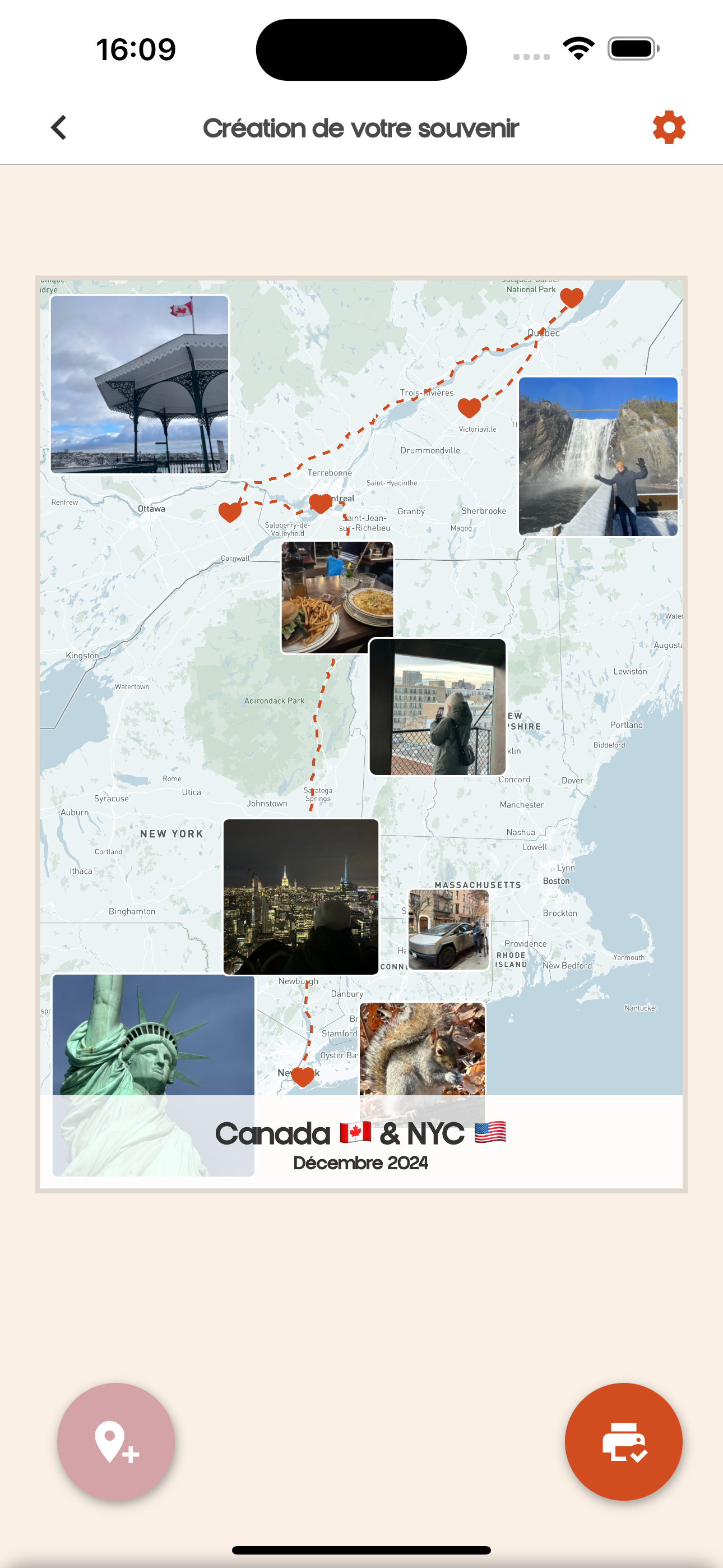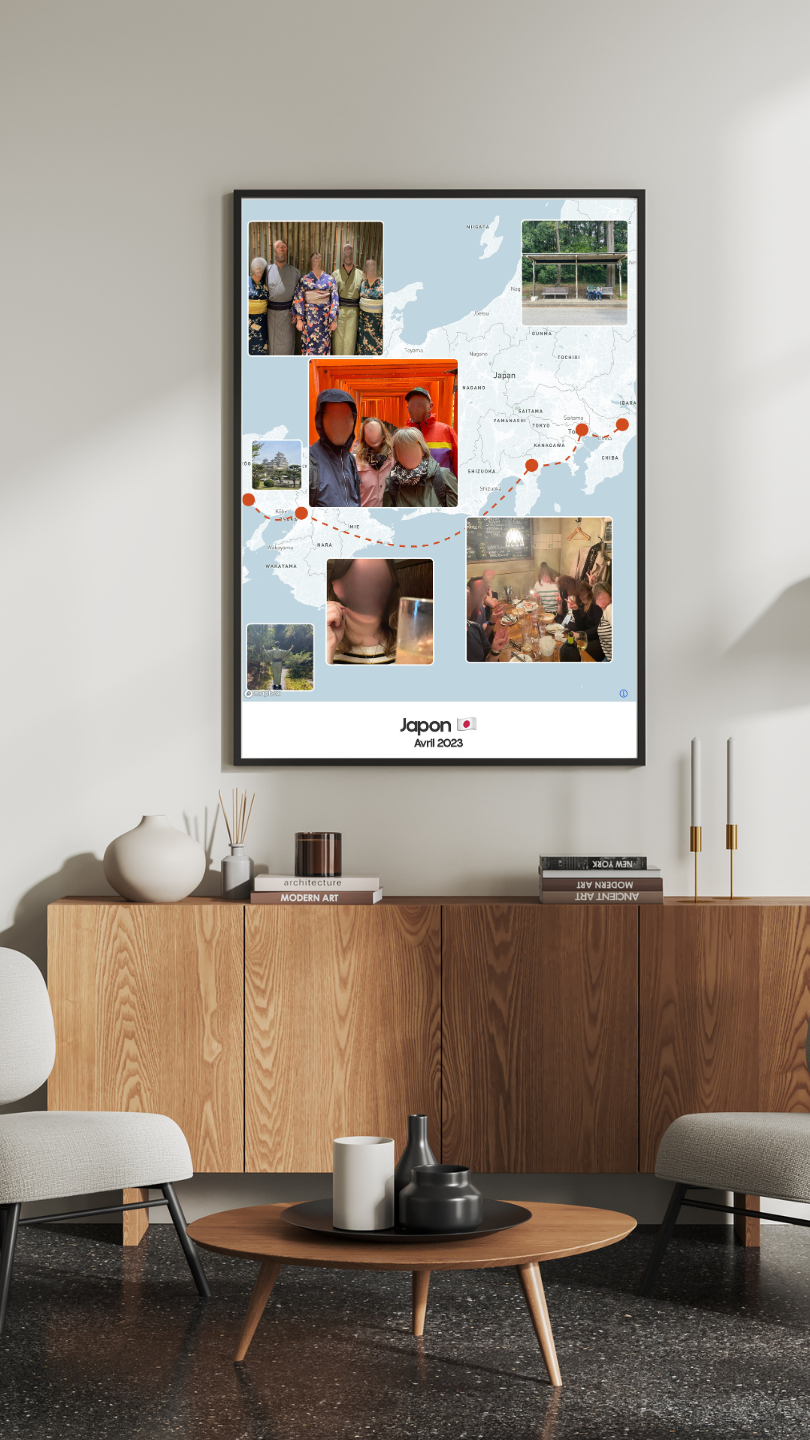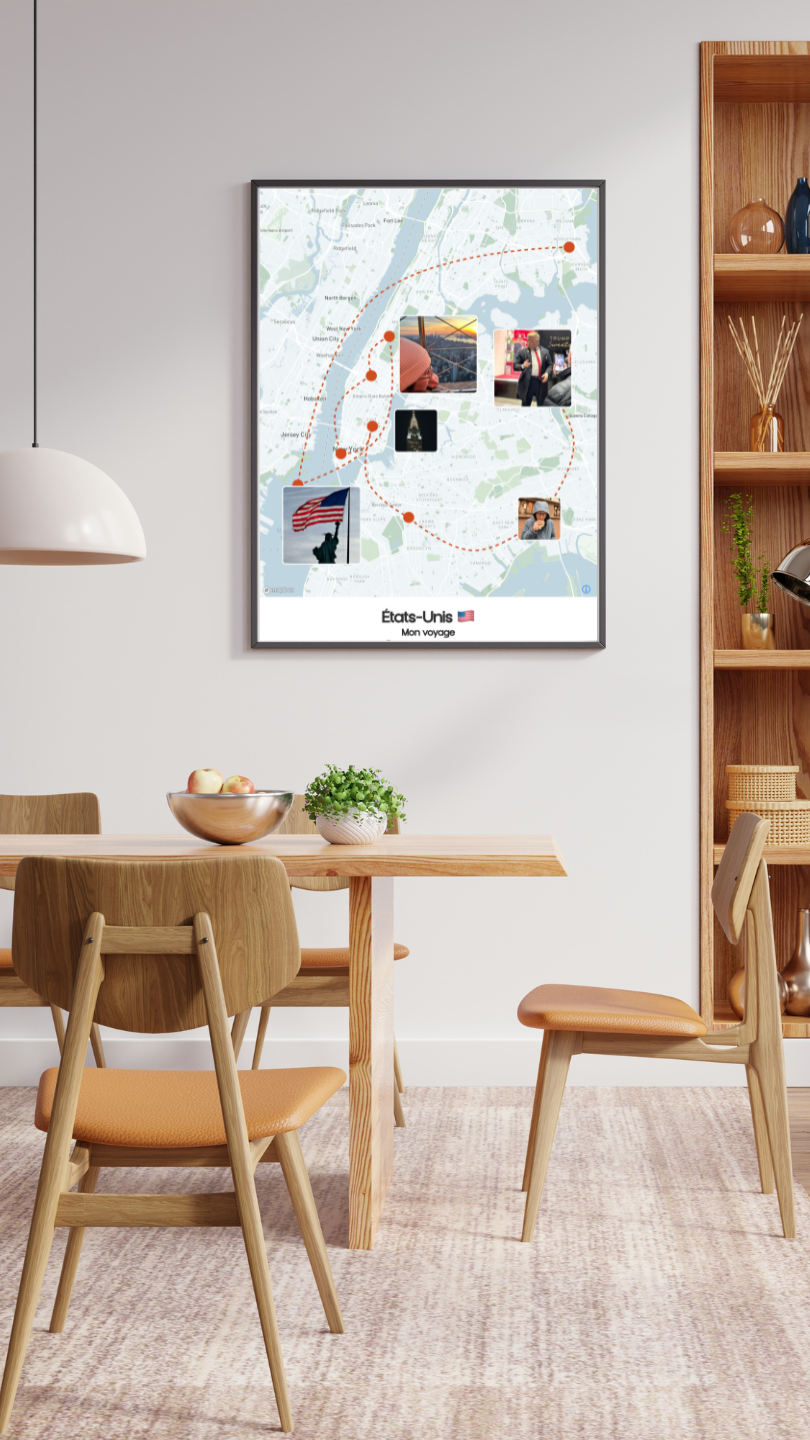Traveling in Asia is a dream for many adventurers. With its diverse landscapes, rich culture, and delicious cuisine, Asia captivates millions of travelers each year. Whether you are a hiking enthusiast, a beach lover, or a history buff, this continent offers must-see itineraries that will engage all types of globetrotters. In this article, we offer itinerary suggestions as well as practical tips to make the most out of your trip to Asia. 🌏✈️

Introduction - Traveling in Asia: Must-See Itineraries
1. India and its Cultural Circuit - Traveling in Asia: Must-See Itineraries
India, with its majestic temples and cultural diversity, is a must-visit for any traveler. Explore the golden triangle formed by Delhi, Agra, and Jaipur. Delhi, the capital, offers a fascinating blend of old and new, where you can visit historic monuments like the Red Fort. Agra is famous for the Taj Mahal, an architectural masterpiece and a romantic symbol. Finally, Jaipur, the Pink City, will dazzle you with its Hawa Mahal and the Jantar Mantar astronomical observatory. Don't forget to taste the diverse Indian cuisine, from spicy curries to sweet desserts like gulab jamun.
2. Southeast Asia: Beach Paradise - Traveling in Asia: Must-See Itineraries
For sun and sand lovers, Southeast Asia is the ideal destination. Thai islands like Koh Samui and Koh Phi Phi are havens of tranquility. You can also explore Vietnam with Ha Long Bay, known for its thousands of karst formations. The beaches of Bali in Indonesia are famous for their beauty and relaxing atmosphere. You'll also have the chance to go scuba diving, enjoy local cuisine, and discover fascinating cultures at every turn.
3. China and its Historical Wonders - Traveling in Asia: Must-See Itineraries
China amazes with its historical richness. A classic itinerary includes Beijing, where you can visit the Forbidden City and the Great Wall. Then head to Xi'an to admire the Terracotta Army. Finally, Shanghai, with its modern skyline and old town, offers an intriguing glimpse into the past and future. Each region of China has its own culinary specialties, so prepare to savor delicious dishes, ranging from Cantonese dim sums to Lanzhou noodles.
4. Japan and its Blend of Tradition and Modernity - Traveling in Asia: Must-See Itineraries
Japan is a country where tradition and modernity coexist harmoniously. Start your journey in Tokyo, a bustling metropolis blending futuristic skyscrapers and ancient temples. Visit the famous Senso-ji temple and the Shibuya district with its iconic crossing. Next, head to Kyoto to discover its beautiful temples like Kinkaku-ji and Fushimi Inari-taisha, famous for its thousands of vermilion torii gates. Finally, don't forget to explore Hiroshima to understand the tragic history of the country and its incredible resilience.
5. South Korea: A Journey Between Tradition and Innovation - Traveling in Asia: Must-See Itineraries
South Korea is a fascinating blend of modern and traditional culture. Seoul, the capital, presents contrasts with historic palaces such as Gyeongbokgung and modern boutiques in Gangnam. Don't miss Jeju Island, known for its natural landscapes and spectacular waterfalls. Korean cuisine, famous for dishes like bibimbap and kimchi, will delight your taste buds. A trip to South Korea is an immersive experience that will enhance your understanding of Asia.
6. Nepal: Trekking in the Himalayas - Traveling in Asia: Must-See Itineraries
For trekking enthusiasts, Nepal is the place to explore. The famous Everest Base Camp trek offers breathtaking views and cultural immersion with local villages. Alternatively, the Annapurna Circuit is also popular, showcasing a variety of natural landscapes. Don't forget to discover the Nepalese culture, its crafts, and typical cuisine featuring dishes like dal bhat. This journey will allow you to experience a unique physical challenge surrounded by the world's highest peaks.
7. Malaysia: A Culinary and Cultural Adventure - Traveling in Asia: Must-See Itineraries
Malaysia is a true melting pot of cultures. Kuala Lumpur, the capital, is famous for its Petronas Towers. Then, head to Penang, recognized for its gastronomy, a blend of Malay, Chinese, and Indian cuisines. Langkawi is a beautiful beach destination not to be missed. The jungle of Borneo also offers exploration opportunities, with its wildlife reserves and nature treks. In each region, you'll discover unique traditions and delicious dishes.
8. Myanmar: Discovering the Temples of Bagan - Traveling in Asia: Must-See Itineraries
Myanmar is a largely preserved country that offers surprises. The Bagan plain, home to thousands of temples, is essential for any visit. Take a hot air balloon ride to admire Bagan's magic at sunrise. Mandalay and Yangon are treasure troves of culture and history. Myanmar presents the perfect opportunity to experience authentic traditions and warm hospitality. Try mohinga, a traditional breakfast, for a complete immersion!
9. Vietnam: A Journey Between Mountains and Rivers - Traveling in Asia: Must-See Itineraries
Vietnam is famous for its breathtaking landscapes, terraced rice fields, and rivers. Start in the north, in Hanoi, explore Ha Long Bay, and trek in Sapa. The central region is marked by ancient towns like Hue and Hoi An, perfect for discovering local traditions. Finally, the south awaits you with the Mekong Delta, where you can take boat excursions. Vietnamese street food is also a must-try: pho, banh mi, and spring rolls will delight your taste buds.
10. The Russian Far East: A Unique Journey - Traveling in Asia: Must-See Itineraries
The Russian Far East, particularly Vladivostok, provides a unique experience. The city lies at the border of Asia and is influenced by both Russian and Asian cultures. Discover the Peter the Great Gulf Bridge and the breathtaking coastal landscapes. Explore the surrounding nature, with hiking and marine activities. Furthermore, the local cuisine rich in seafood and traditional dishes awaits you for an unforgettable experience. 🌄🍣
FAQ - Traveling in Asia: Must-See Itineraries
1. What is the best time to travel to Asia?
The best time to travel to Asia varies by region. Generally, most Southeast Asian countries are pleasant between November and February when the temperatures are milder and rainfall is less frequent. For India, October to March is ideal to avoid the intense summer heat. Japan is stunning in spring (cherry blossom season) and autumn for its colorful leaves. Plan your trip according to the region visited to fully enjoy your experience.
2. What vaccinations are recommended for traveling to Asia?
Before traveling to Asia, it's essential to check which vaccinations are necessary. Common vaccines include hepatitis A and B, typhoid, and rabies based on planned activities. In some countries like India or Nepal, additional vaccines for typhoid fever and meningitis may be recommended. Consult with a healthcare professional or a vaccination center before your trip for a plan tailored to your destination.
3. What culinary specialties should not be missed?
Each Asian country has its own culinary delights. In India, don't miss biryani and curry. In Thailand, try pad thai and Thai curries. Vietnam offers dishes like pho and spring rolls. In China, dumplings and Peking duck are a must. Japan excels in sushi and ramen, while Korea will charm you with bibimbap and kimchi. Treat yourself and explore the unique flavors of each country.
4. What are the transport options in Asia?
Transport options in Asia are diverse and suitable for travelers. Train is often a good option for long-distance travel, especially in India and China. In Southeast Asia, buses and minivans are common, offering budget-friendly fares. Ride-sharing apps like Grab are available in several countries. For shorter trips, tuk-tuks or scooters can be practical. Hiring a local guide may also be a solution to discover less-known places.
5. How to properly prepare your itinerary?
To properly prepare your itinerary for Asia, start by defining your priorities. Note the countries and cities you want to visit, as well as the activities that interest you. Be sure to consider travel time between each destination as well as the seasons and climate. It may also be helpful to consult travel blogs and recommendation guides. By establishing a flexible program, you can add surprises throughout your trip and maximize your experience.
6. What are the tips for solo travel in Asia?
Traveling solo in Asia can be a rewarding experience. Research the safety of the destinations you wish to visit. Use communication apps to stay in touch with your loved ones. Stay in reputable and convenient accommodations, such as hostels or hotels. Have an offline map of your destination since the connection can sometimes be unstable. Don't hesitate to connect with other travelers, as this can make your stay even more memorable.
7. What laws and customs should be respected?
It is crucial to respect the laws and customs of the countries you visit in Asia. Research in advance the rules of each country regarding behavior, clothing, and social interactions. Some countries are very conservative, and adapting is important. For instance, in Muslim countries, it's best to wear modest clothing. Learning a few local words can also be greatly appreciated. Always show respect for the local culture and traditions.
8. What are the best travel apps?
Using travel apps can facilitate your exploration in Asia. Apps like Google Maps and Citymapper help with navigation. Booking.com and Airbnb are excellent for hotel reservations and accommodations. For translation, Google Translate is very useful. If you want to share your experiences, Instagram and Pinterest can inspire your choices. Don't forget transport apps like Grab or Uber, especially in big cities.
9. Is it easy to connect to the Internet in Asia?
In most Asian countries, accessing the Internet is relatively easy. Many places offer free Wi-Fi, especially in cafes, restaurants, and hotels. You can also purchase a local SIM card for mobile data at a reasonable price. Check the network coverage of different operators and choose the one that best fits your needs. This will allow you to stay connected while traveling and obtain real-time information.
10. Are there health precautions to take?
When traveling in Asia, it’s essential to take certain precautions. Besides recommended vaccinations, always have a basic first-aid kit with necessary medications. Consult travel health advice for each destination regarding drinking water and food safety. Avoid consuming raw or undercooked food from dubious sources. If you're trekking or in rural areas, protect yourself from mosquitos with repellents. Stay informed about health risks and follow agency recommendations.






